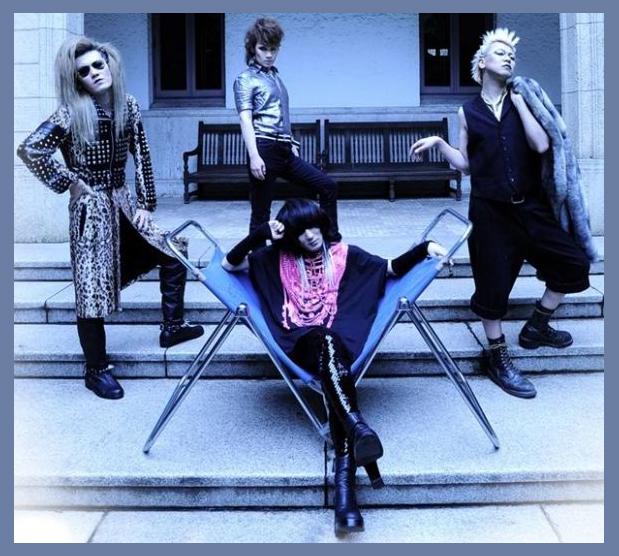 Cali≠Gari
Cali≠Gari
Cali≠Gari: The Enigma of Japanese Rock
Emerging from the shadows of Osaka's underground scene, Cali≠Gari emerged as a musical force that challenged conventions and sparked controversy. Their enigmatic sound, a fusion of hard rock and industrial influences, defied easy categorization.
Members and Formation:
Cali≠Gari was formed in 1997 by vocalist and guitarist Shūji Ishii, bassist Aiji Hayakawa, and drummer Akira Ono. Their name, a play on the German expressionist film "The Cabinet of Dr. Caligari," hinted at their unconventional approach to music.
Challenges and Controversies:
Cali≠Gari's music often explored dark and disturbing themes, which drew both praise and criticism. Their song "-187-" (a reference to the California penal code for murder), became notorious for its graphic depiction of violence. This controversial single drew the attention of authorities, leading to a ban on its sale in some stores.
However, despite the controversies, Cali≠Gari's talent and musical originality were undeniable. They gained a loyal following who appreciated their raw and uncompromising sound. Their live performances were known for their intensity and theatrical elements, which further enhanced their image as outsiders in the Japanese rock scene.
Discography:
Cali≠Gari's discography spans a wide range of EPs, singles, and albums. Some of their most notable releases include:
* "187" (1998)
* "Psychedelic Vacation" (2001)
* "13 Stairway ~Stairway to Heaven~" (2004)
* "Zen" (2006)
* "Beyond the End" (2011)
Later Years and Legacy:
In the years since their initial success, Cali≠Gari's lineup has undergone some changes. Ono departed in 2004, replaced by Kazuhiko Matsunaga. Hayakawa and Ishii remain the core members, continuing to push the boundaries of their musical expression.
Cali≠Gari's music continues to inspire and provoke new generations of listeners. Their unique blend of aggression and introspection has earned them a place among the most influential Japanese rock bands of all time. Their legacy as musical pioneers who challenged societal norms and explored the darker recesses of the human psyche remains intact.
Emerging from the shadows of Osaka's underground scene, Cali≠Gari emerged as a musical force that challenged conventions and sparked controversy. Their enigmatic sound, a fusion of hard rock and industrial influences, defied easy categorization.
Members and Formation:
Cali≠Gari was formed in 1997 by vocalist and guitarist Shūji Ishii, bassist Aiji Hayakawa, and drummer Akira Ono. Their name, a play on the German expressionist film "The Cabinet of Dr. Caligari," hinted at their unconventional approach to music.
Challenges and Controversies:
Cali≠Gari's music often explored dark and disturbing themes, which drew both praise and criticism. Their song "-187-" (a reference to the California penal code for murder), became notorious for its graphic depiction of violence. This controversial single drew the attention of authorities, leading to a ban on its sale in some stores.
However, despite the controversies, Cali≠Gari's talent and musical originality were undeniable. They gained a loyal following who appreciated their raw and uncompromising sound. Their live performances were known for their intensity and theatrical elements, which further enhanced their image as outsiders in the Japanese rock scene.
Discography:
Cali≠Gari's discography spans a wide range of EPs, singles, and albums. Some of their most notable releases include:
* "187" (1998)
* "Psychedelic Vacation" (2001)
* "13 Stairway ~Stairway to Heaven~" (2004)
* "Zen" (2006)
* "Beyond the End" (2011)
Later Years and Legacy:
In the years since their initial success, Cali≠Gari's lineup has undergone some changes. Ono departed in 2004, replaced by Kazuhiko Matsunaga. Hayakawa and Ishii remain the core members, continuing to push the boundaries of their musical expression.
Cali≠Gari's music continues to inspire and provoke new generations of listeners. Their unique blend of aggression and introspection has earned them a place among the most influential Japanese rock bands of all time. Their legacy as musical pioneers who challenged societal norms and explored the darker recesses of the human psyche remains intact.